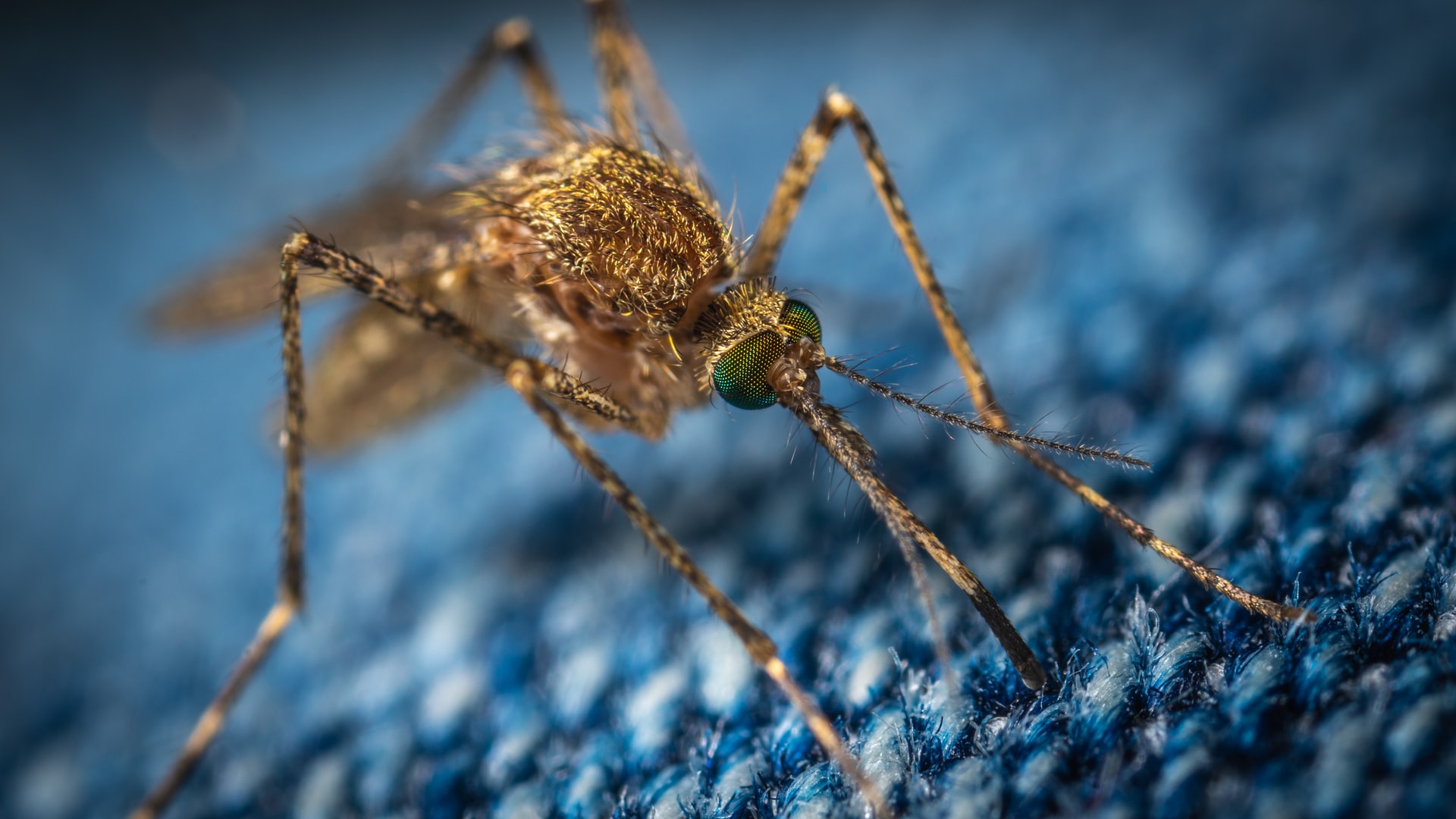Scientists at Yale and other universities came to some surprising findings when they studied a group of genetically modified mosquitoes released in Brazil.
A biotech company (Oxitec) released tens of millions of male mosquitoes over the course of two years. They were genetically modified to produce sterile offspring. The company wanted to prevent the spread of diseases like malaria and Zika by culling the mosquito population.
RELATED STORY
“The idea would be that when these males mated with females, the offspring would die. And therefore the overall population size of the mosquitos would decline.”
Yale professor Jeffrey Powell studied some mosquitos in Brazil to find out how the experiment went.
“What we found was unexpected. Unpredicted.”
RELATED STORY
Scientists found hybrids of the genetically modified mosquitos and the native mosquitos – meaning some offspring weren’t sterile.
“We don’t know what the effect of having this hybrid population is. These could be stronger mosquitos, harder to control.”
Powell says scientists need to monitor these kinds of genetically modified releases carefully to make sure they don’t produce even more unexpected results.
*Article originally appeared at Organic Consumers. Reposted with permission.












